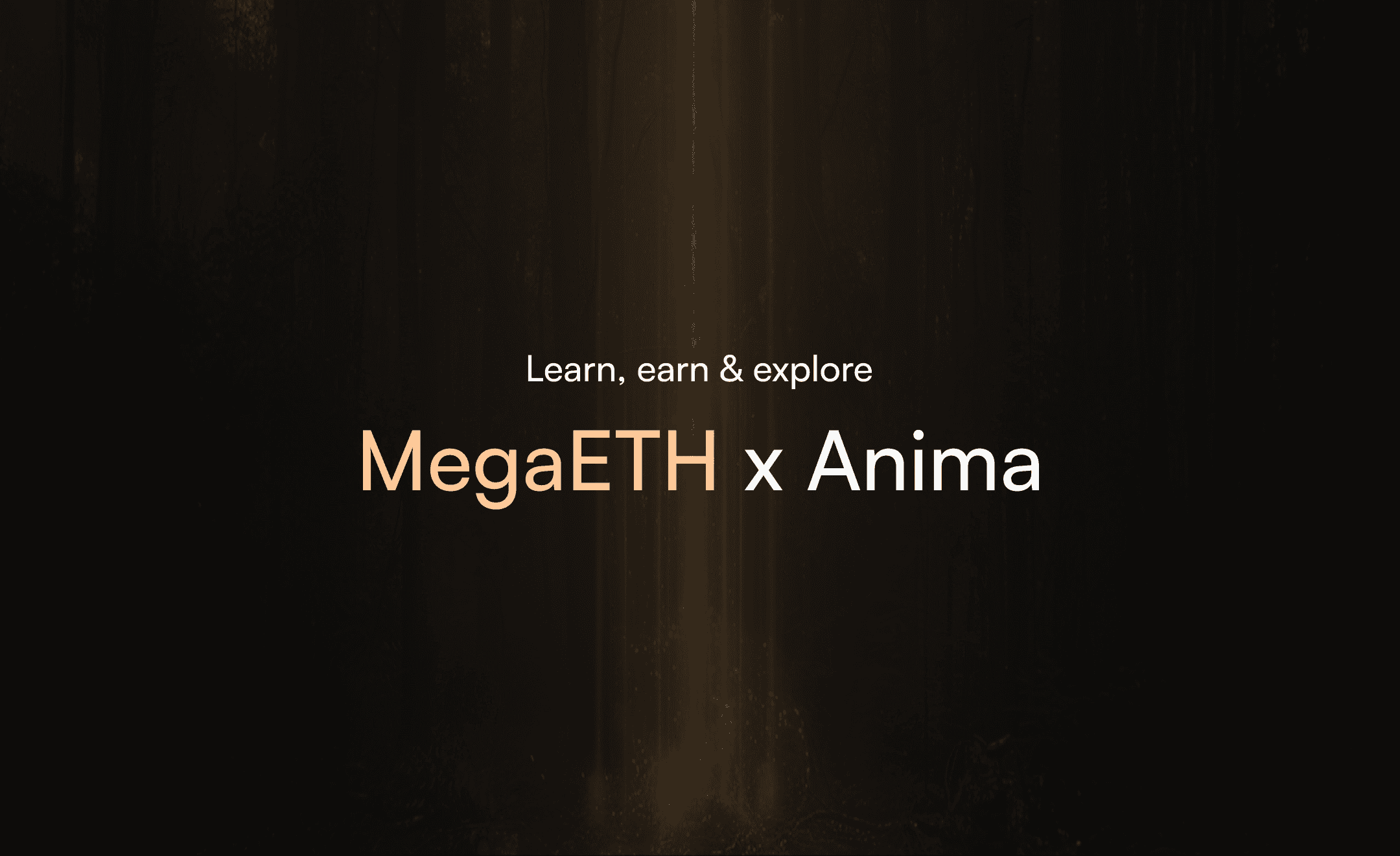Sybil Resistance: The Future of DAOs
Establishing a robust Sybil defense is imperative in DAOs to ensure a decentralized protocol that is collectively owned by the entire community. So what actions can DAOs take to strengthen themselves and meet new market demands?
3 min
read





Solving sybil attacks: the path to democratic governance models
DAOs have emerged from the hopes and dreams of crypto visionaries and builders looking for more resilient and efficient forms of governance. Following the decentralization ideology, any member holding a portion of a project's token supply is generally granted voting rights and can be involved in the governance of current DAOs.
A disruption in voting systems
Building voting systems based on the absolute number of tokens held is a way to circumvent the issue of dishonest voting and the risk of Sybil attacks. However, it also hinders the emergence of democratic models which are effective in promoting greater community participation and collaboration on a project or protocol.
Governance models based on the number of tokens held in turn limits the number of people who can contribute, to only those with wealth or power. In a democratic model, all members of the organization have an equal say in the decision making process, regardless of their economic power.
An efficient and accessible Sybil attack-resistant solution will enable communities to unlock redesigned paradigms with alternative voting systems. That is, switching from 1 token = 1 vote to 1 person = 1 vote or to quadratic voting systems.
Advancing governance structures through effective Sybil defense
Preventing Sybil attacks is crucial for the success of a 1 person, 1 vote system. Without proper prevention, a single individual can potentially gain control over a majority of the votes and have an excessive amount of power over the organization's decisions, undermining the democratic principle of equal representation.
Sybil attacks are neither new to the web nor have they been fully resolved. Currently available solutions often compromise the anonymity principles of web3 and/or fail to meet scalability requirements. The challenge is to develop a solution that allows communities to include unique certified members, while also protecting their privacy and avoiding the collection of personal information to prevent any doxxing risks.
Building an effective Sybil defense is vital if you want an alternative system where the protocol is owned by the whole community, not just the members with the highest investment. DAOs need time to iterate, and restricting them to one system will hinder their advancement. For DAOs to become stronger and capable of meeting different market demands, as many different structures as possible should be explored.
Proof of Personhood: The first step towards fair DAOs
Proof of Personhood (PoP) is the idea that users should be able to prove their authenticity while preserving their privacy. The fully automated process will save a lot of time for communities looking to eliminate bots and duplicate users. By using AI and algorithms to detect humans, this process instantly verifies users personhood without requiring the disclosure of any data.
PoP's inteface is user-friendly providing a quick and seamless experience which allows users to onboard in just a few seconds without waiting for video or social proof validation. The PoP system instantly validates a user's humanity through a liveness scan. Before deleting the face scan, the biometric data is converted to a mathematical vector representation of a user's face that cannot be "rolled back" to a human visible face image. We call it a Face Graph, the base of the PoP.
Learn more about the step-by-step PoP process here.
We consider PoP to be the foundation of trust for Web3 and the internet in general, on which all relationships are built. We believe that it is in the users best interest and responsibility to signal their personhood in order to unlock better outcomes for their communities. With PoP users are promoting a stronger online economy and democracy that is fair and trustworthy.
Contact us to build a democratic web3.
Solving sybil attacks: the path to democratic governance models
DAOs have emerged from the hopes and dreams of crypto visionaries and builders looking for more resilient and efficient forms of governance. Following the decentralization ideology, any member holding a portion of a project's token supply is generally granted voting rights and can be involved in the governance of current DAOs.
A disruption in voting systems
Building voting systems based on the absolute number of tokens held is a way to circumvent the issue of dishonest voting and the risk of Sybil attacks. However, it also hinders the emergence of democratic models which are effective in promoting greater community participation and collaboration on a project or protocol.
Governance models based on the number of tokens held in turn limits the number of people who can contribute, to only those with wealth or power. In a democratic model, all members of the organization have an equal say in the decision making process, regardless of their economic power.
An efficient and accessible Sybil attack-resistant solution will enable communities to unlock redesigned paradigms with alternative voting systems. That is, switching from 1 token = 1 vote to 1 person = 1 vote or to quadratic voting systems.
Advancing governance structures through effective Sybil defense
Preventing Sybil attacks is crucial for the success of a 1 person, 1 vote system. Without proper prevention, a single individual can potentially gain control over a majority of the votes and have an excessive amount of power over the organization's decisions, undermining the democratic principle of equal representation.
Sybil attacks are neither new to the web nor have they been fully resolved. Currently available solutions often compromise the anonymity principles of web3 and/or fail to meet scalability requirements. The challenge is to develop a solution that allows communities to include unique certified members, while also protecting their privacy and avoiding the collection of personal information to prevent any doxxing risks.
Building an effective Sybil defense is vital if you want an alternative system where the protocol is owned by the whole community, not just the members with the highest investment. DAOs need time to iterate, and restricting them to one system will hinder their advancement. For DAOs to become stronger and capable of meeting different market demands, as many different structures as possible should be explored.
Proof of Personhood: The first step towards fair DAOs
Proof of Personhood (PoP) is the idea that users should be able to prove their authenticity while preserving their privacy. The fully automated process will save a lot of time for communities looking to eliminate bots and duplicate users. By using AI and algorithms to detect humans, this process instantly verifies users personhood without requiring the disclosure of any data.
PoP's inteface is user-friendly providing a quick and seamless experience which allows users to onboard in just a few seconds without waiting for video or social proof validation. The PoP system instantly validates a user's humanity through a liveness scan. Before deleting the face scan, the biometric data is converted to a mathematical vector representation of a user's face that cannot be "rolled back" to a human visible face image. We call it a Face Graph, the base of the PoP.
Learn more about the step-by-step PoP process here.
We consider PoP to be the foundation of trust for Web3 and the internet in general, on which all relationships are built. We believe that it is in the users best interest and responsibility to signal their personhood in order to unlock better outcomes for their communities. With PoP users are promoting a stronger online economy and democracy that is fair and trustworthy.
Contact us to build a democratic web3.
Our latest articles














